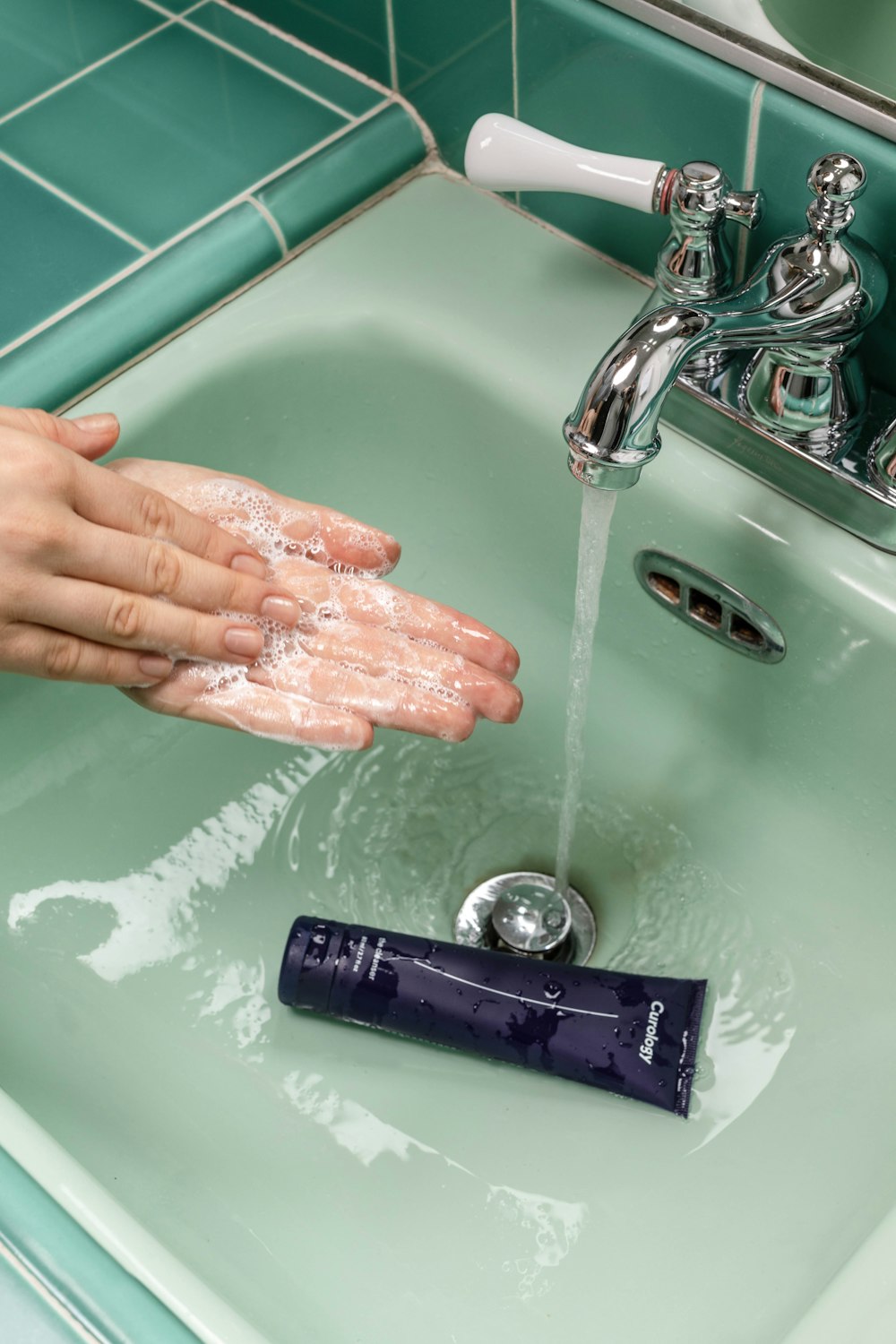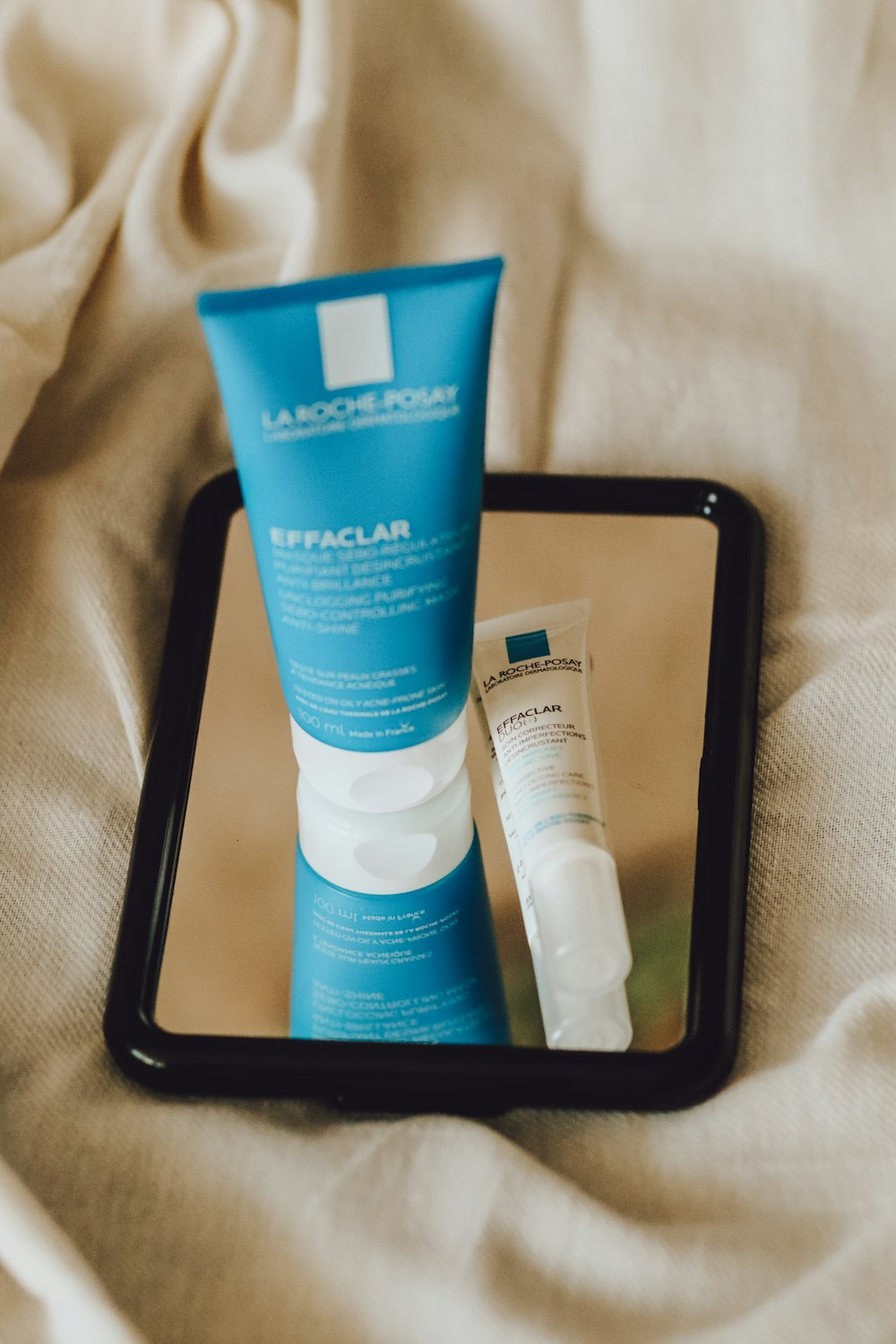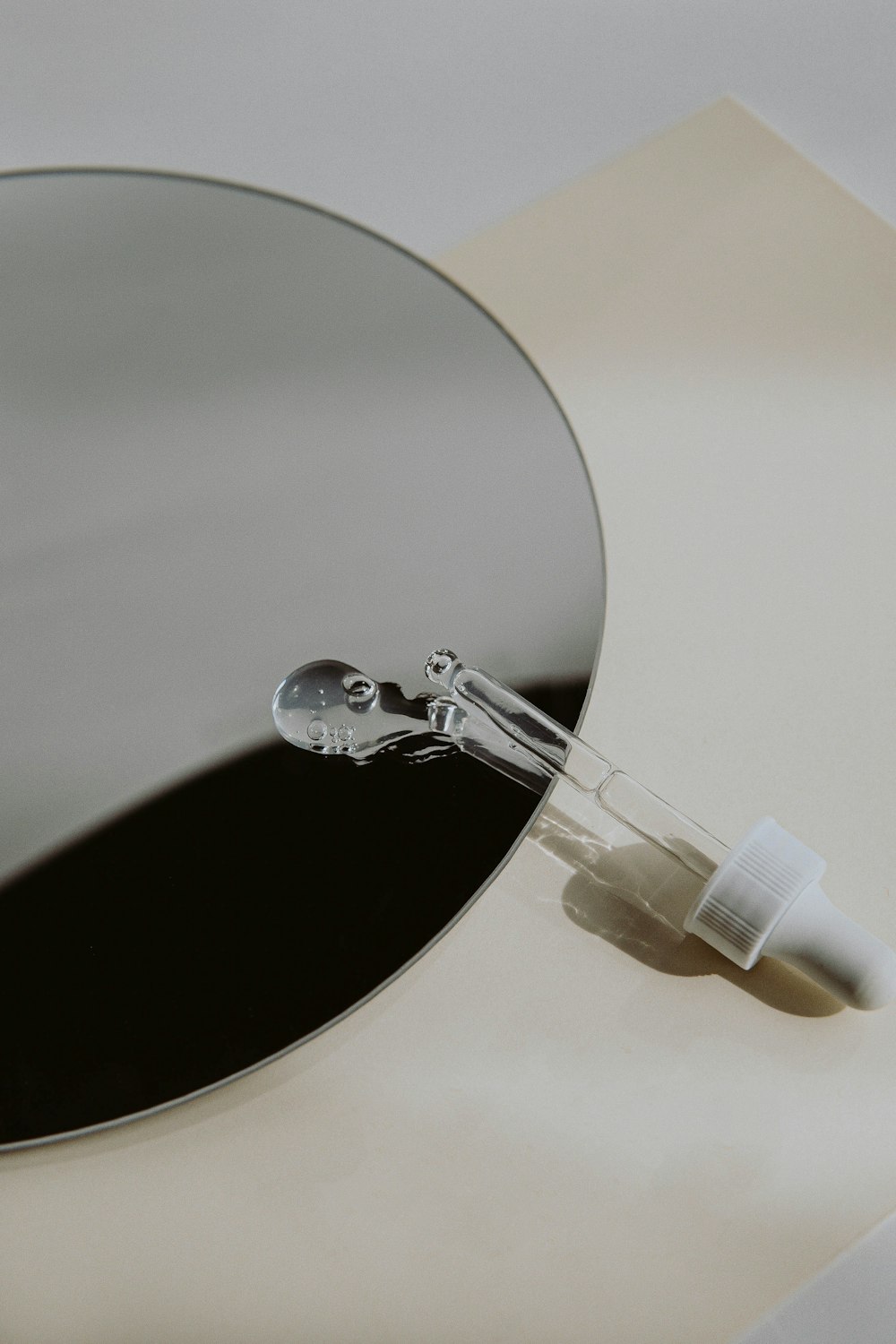What Is The Best Acne Treatment

written by nail expert Jess Rowley
Struggling with acne?
No one wants to deal with acne, especially since it tends to come up when you least expect it. You’ve probably tried a few products already, so you know what I mean when I say that acne products are a hit and miss. You’ve probably tried some of the best skincare for acne, but you’re going to want to know what is the best acne treatment for you.
The benefits of having a skincare routine for acne are endless, but the most important element is the acne treatment. From preventing breakouts to reducing excess oil and treating painful cystic acne, having the right treatment for acne is crucial.
There’s more.
Dealing with acne is not easy, especially when there’s an abundance of products out there that end up drying your skin further and stripping it of moisture. I am going to show you the most effective acne treatments and which active ingredients to look out for so you can have the best skincare routine for acne.
What about laser treatment for acne? I’m going to take you through why you need to find the best acne treatment, as well as how to go about getting the most from every ingredient.
You’re going to want to stay tuned!
Over The Counter Acne Treatments
There are lots of OTC acne products to treat mild or moderate acne. You’ll find a range of products from cleansers, lotions, gels, foams, leave on treatments, and moisturizers.
You need to know how OTC products work and what are the best ingredients.
Active ingredients in OTC acne products
Before you grab the first acne product off the shelf, you’re going to want to learn a bit more about the best ingredients to fight acne. Each acne product will work a little differently depending on which active ingredient they contain. Depending on whether you want to kill acne causing bacteria, reduce acne inflammation, or remove excess oil and boost cell turnover, you can find the right ingredient for you.
These are some of the most effective active ingredients to target acne.
Salicylic acid
Salicylic acid helps to unclog pores by exfoliating the skin gently. It’s safe enough for sensitive skin types to use and helps cell turnover. You don’t need a gel prescription for it, this ingredient is found in many spot treatments and even cleansers to help stubborn pimples. Salicylic acid is a beta hydroxy acid, making it a chemical exfoliator and is naturally acne fighting.
Often found in cleansers and toners, this ingredient is very important to prevent clogged pores. Available from 0.5% strength to 5%, it can cause stinging or slight irritation for sensitive skin.
Alpha hydroxy acids
Two kinds of ahas are used in non prescription acne treatments, glycolic acid, and lactic acid. Alpha hydroxy acids are derived from fructose and treat acne by removing dead skin cells and reducing inflammation. Ahas, help to renew the skin to reveal smoother skin, and reduce the appearance of acne scars too.
Benzoyl Peroxide
Benzoyl peroxide is ideal for treating inflammatory acne as it kills bacteria and clears out clogged pores. It’s the best acne treatment for adult or hormonal breakouts. Have a look at micronized formulas that cause less irritation and last longer. Just be warned as benzoyl peroxide can bleach your clothes or towels, so make sure you are careful.
This is a key ingredient to kill acne-causing bacteria, remove excess oil from the skin and get rid of dead skin cells. In turn, this helps to prevent clogged pores. Benzoyl peroxide products are available in 2.5% strength up to 10%. This can be effective against hormonal acne, but it can be quite drying in the skin, causing dry skin, scaling, redness, and burning. It also bleaches clothing and fabric.
Sulfur
Sulfur is great for removing dead skin cells that clog pores, and removing excess oil. You can combine it with other acne ingredients to make it more effective, just bear in mind that it may cause dry skin and smells bad.
Retinoids
This is commonly known as an anti-aging ingredient, but did you know it is a holy grail for acne? Retinoid’s superpower is that they increase cell turnover, helping to unclog pores and reduce inflammation. If you have stronger acne or inflammatory cycts, then using a retinoid can help. It can also help to reduce dark pigmentation caused after a breakout. Just be careful to start with a very low concentration and build up use, starting with two or three times a week in the evening. If using a strong retoind or too often, it can cause skin purging and flaky skin, so it’s key you start gently. A good example is adapalene. Retinoids will also make your skin sensitive to the sun, so always makesure you wear broad spectrum spf.
Adapalene
This is a spot treatment prescription, part of the topical retinoids that doctors prescribe in more severe acne cases. These acne medications regulate oil production and can be used for normal skin types or combination skin. If other treatments have made your acne worse, then using an OTC retinoid either in a 0.1% or 0.3% strength. You can find it in Differin gel.
Azelaic acid
Azelaic acid is antibacterial and also anti-inflammatory, helping to break clogged pores. It also helps to improve dark marks, and is great for the occasional pimple or spot. Its also easily found in drugstore products.
These are the most effective active ingredients for acne prone skin in over the counter products.
How to choose an effective acne product
There isn’t the best acne product for everyone, it all depends on your skin type and how severe your acne is. Here are some tips to help you choose the right acne product for you.
Start with benzoyl peroxide- If you’re feeling a bit lost and not sure where to start, try a product with benzoyl peroxide. It’s overall very effective and works well for most people. Don’t expect to see results right away, it takes time to get clear skin. It’s key to read the label on acne products so you know how much benzoyl peroxide it contains. Stronger doesn’t always mean better, a lower concentration may work just as well but be better tolerated by your skin.
Go for lower strength acne products– Lower strength products can help to reduce redness and dry skin, as well as other skin problems. Only with time can you increase the strength of the product so that your skin can adjust to it gradually.
Try different active ingredients- Acne products work differently, so it’s a good idea to have a range of different products with different ingredients. You can use one product in the morning and a different one in the evening, to get a good range of ingredients that targets everything. One way or another your acne will be treated.
Results take time– Don’t rush, or change products too quickly. Results take time, and being consistent is key. You may only see an improvement after two or three months of daily use, and sometimes acne will get a lot worse before it gets better. Try different products with different active ingredients to find what works for you.
Frequently asked questions
Here are some of the most asked questions about acne treatments:
What is the best treatment for acne scars?
The best treatment for acne scars is one that will fade hyperpigmentation. I love using benzoyl peroxide or azelaic acid, as these help to prevent breakouts leaving marks/ Try using exfoliating acids such as ahas to renew the skin cells and get rid of dead skin.
What is the best treatment for teenage acne?
Your teenage acne is often due to hormones in puberty, but it’s always good to see a board certified dermatologist to check the cause. For teenage acne it’s best to use a range of products containing active ingredients, but especially salicylic acid and benzoyl peroxide. These treatments can help to prevent breakouts and treat current pimples. For more severe cases of acne, try using a retinoid such as adapalene.
What brand is best for acne?
I recommend drugstore brands like Cetaphil, CeraVe, Paula’s Choice, the Inkey List, and The Ordinary for good skincare containing acne fighting ingredients and less common irritants. La Roche Posay is also a good brand, as well as Versed, and Differin.
How do dermatologists treat acne?
If you have strong inflammatory acne, your dermatologist is likely to prescribe antibiotics to treat your acne from the inside out, helping to reduce inflammation and the severity of acne. They may also prescribe birth control pills to control hormonal acne, and retinoid treatments like isotretinoin to help treat and heal acne.
Final Thoughts
Treating acne isn’t a one way street. There are so many options to treat acne prone skin and any type of acne such as adult acne or musculoskeletal and skin diseases like acne vulgaris. Active ingredients like salicylic acid or glycolic acid can help treat acne prone skin, exfoliate dead skin cells and act as an anti inflammatory to kill bacteria.
If you have oily skin, acne scarring or acne breakouts, you’re going to want different treatments. I lover the ordinary azelaic acid suspension or the azelaic acid booster that helps reduce skin inflammation and skin cell turnover, whilst having minimal skin irritation. If you want to remove dead skin cells, an acne wash containing lipo hydroxy acid is also good.
A thin layer of any of these treatment options or prescription medications that targets acne will help.
Which acne treatment is in your skin care routine?
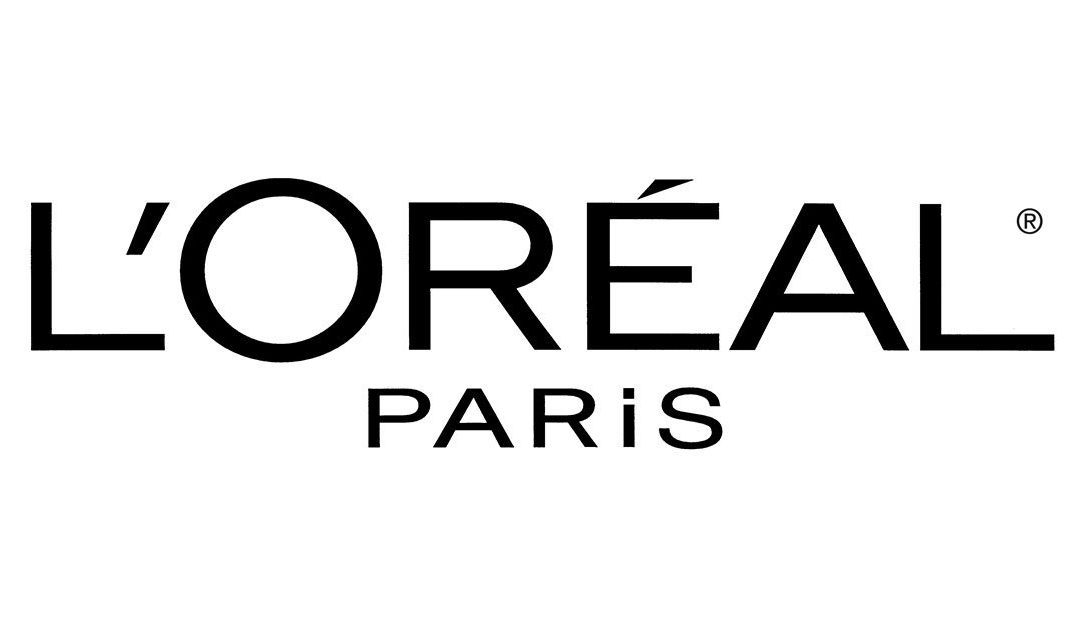
Best L’Oreal Products For Men
[Review] in 2022 written by nail expert Jess RowleyCheck out the results fast - here are our review winners[dica_divi_carousel item_width_tablet="400px" item_width_phone="345px"...
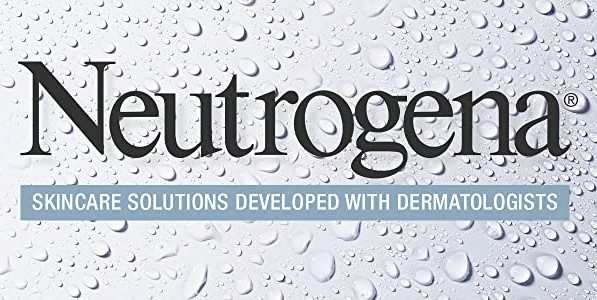
Best Neutrogena Skincare Products
[Review] in 2022 written by nail expert Jess RowleyCheck out the results fast - here are our review winners[dica_divi_carousel item_width_tablet="400px" item_width_phone="345px"...
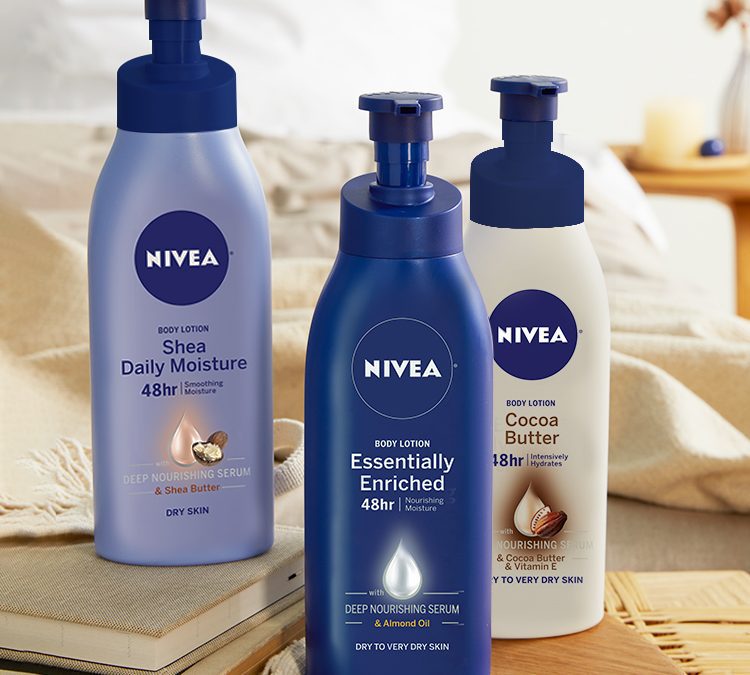
Best Nivea Products For Men
[Review] in 2022 written by nail expert Jess RowleyCheck out the results fast - here are our review winners[dica_divi_carousel item_width_tablet="400px" item_width_phone="345px"...
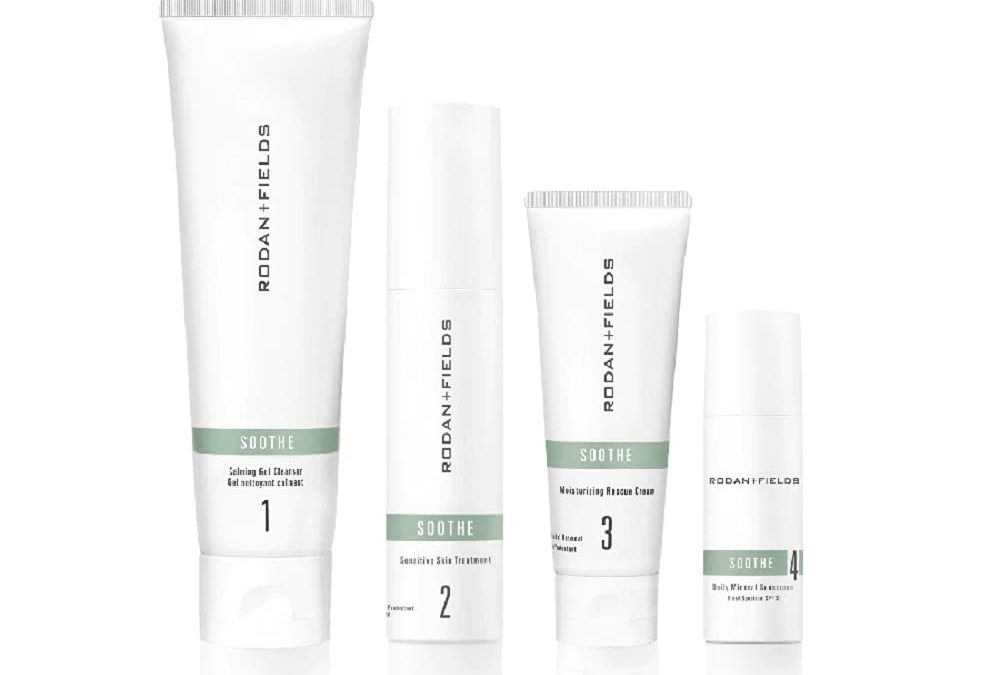
Best Rodan+ Fields Products
[Review] in 2022 written by nail expert Jess RowleyCheck out the results fast - here are our review winners[dica_divi_carousel item_width_tablet="400px" item_width_phone="345px"...
Related Post: Best Curl Defining Products
